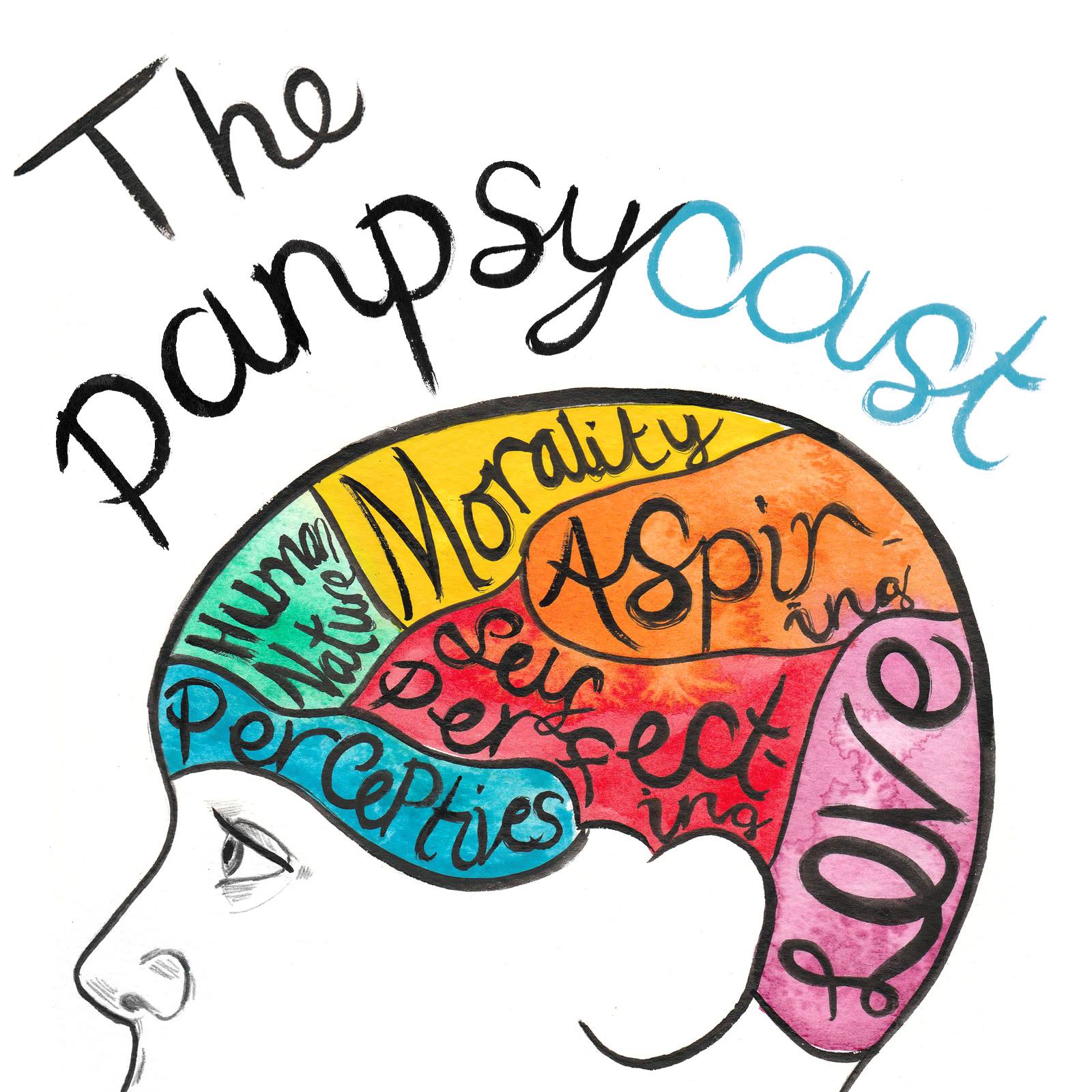Welcome to 'Episode 53 (Part I)', where we'll be discussing the life of Friedrich Nietzsche.
Friedrich Nietzsche (1844-1900), a man who suffered greatly from bodily ills, considered himself somewhat of a physician. Yet, his remedies were not aimed towards physical conditions of the body, but rather the personal and societal ills of his time. Nietzsche, often poetically and rhetorically, dissected what he perceived to be the root of the suffering or apathy many of his contemporaries were facing.
His diagnosis focussed primarily on the human tendency to deny life. Life denying, for Nietzsche, came in many ways: the asceticism of the Buddha or Arthur Schopenhauer, the herd-like mentality of what Nietzsche called “the Last Man”, and most famously – the otherworldly illusions of Christianity. To him, these were all attempts to cower in the face of an objectively indifferent reality.
Nietzsche’s prognosis? To stand in the face of this indifference and shout yes! To affirm life and strive for personal excellence. How he envisioned this is subject to much scholarly debate but Nietzsche provides certain clear themes over his prolific authorship.
His masterwork Thus Spoke Zarathustra suggests we should look forward to the “Ubermensch” or “Superman”, a spiritually healthier individual who approaches the world in an honest and fearless way. Similarly, continuing his claim from The Gay Science, Thus Spoke Zarathustra also reminds the reader that “God is dead”. Nietzsche wanted people to recognise the void in values left by God’s absence and the responsibility we have been given to create our own meaning.
Nietzsche’s legacy is an interesting one. Thus Spoke Zarathustra, along with the Bible, ironically, were given to German soldiers during the First World War. He also, after his death, was accused of being a proto-Nazi due to his sister’s influence over his final posthumous works.
Nietzsche’s thoughts on his own works are remarkable in their irony and grandiosity. He hoped his messages would strike a chord with people and force them to look deep into their own intentions and actions. He also hoped they would provide a basis for personal change.
A passage from Ecce Homo gives us an insight into his style and desired effect:
“I know my fate. One day my name will be associated with the memory of something tremendous — a crisis without equal on earth, the most profound collision of conscience, a decision that was conjured up against everything that had been believed, demanded, hallowed so far. I am no man, I am dynamite.”
The file size is large, please be patient whilst the podcast buffers/downloads/wills itself to powerContents
Part I. The Life of Nietzsche
Part II. Thus Spoke Zarathustra
Part III. Beyond Good and Evil
Part IV. Further Analysis and Discussion



